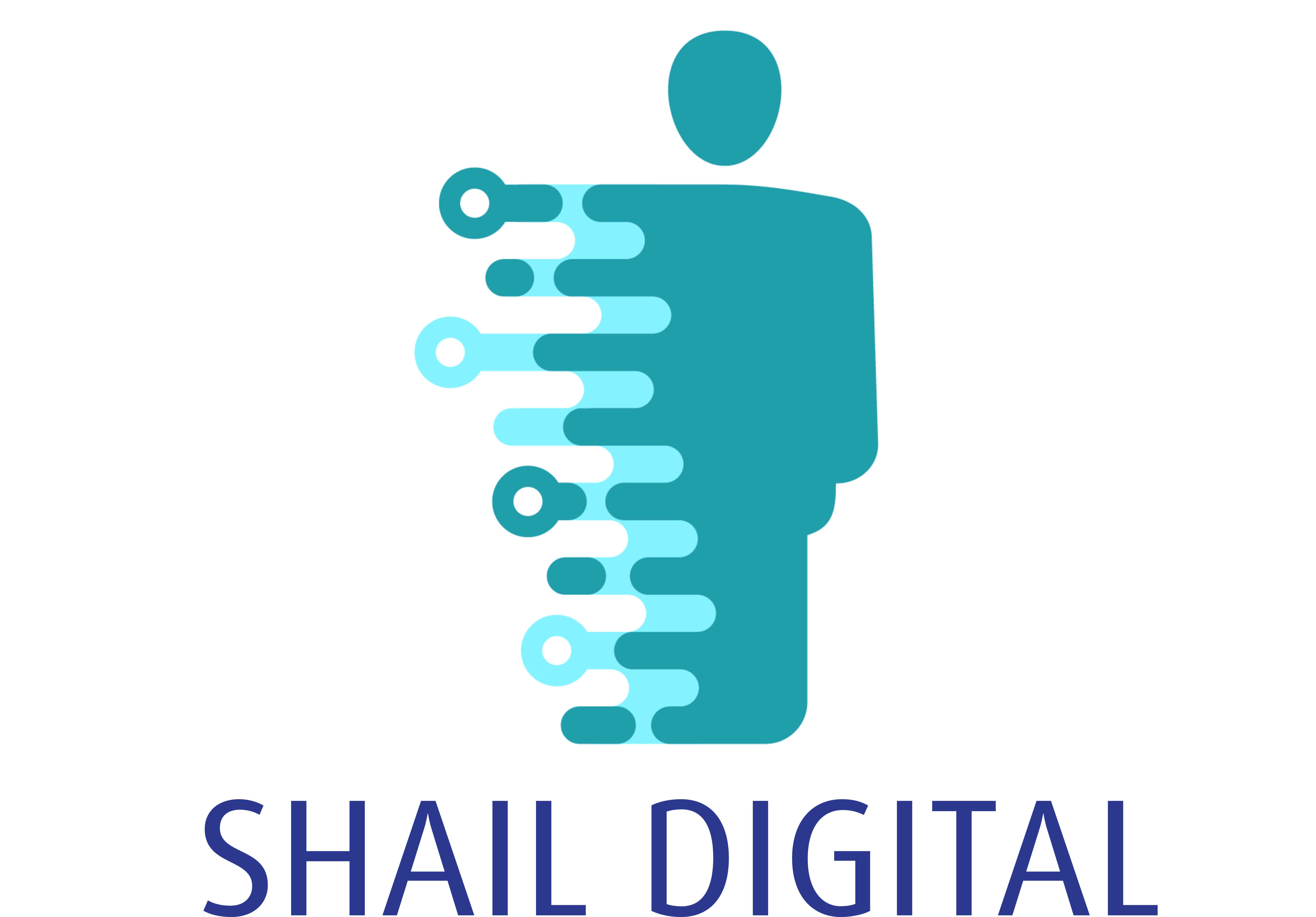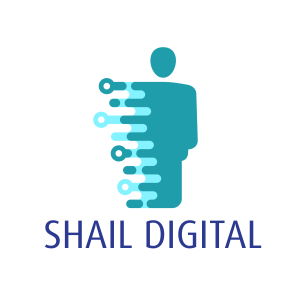10 Terms That You Should Know in Digital Marketing

Digital Marketers have their own language, just like doctors and lawyers. Since its constantly evolving, the dictionary is still in making.. As a digital marketer, it is important to know some of the most poplar terms used to increase the confidence in your strategic communication.
Here’s Top 10 terms that you should know in Digital Marketing
Key Performance Indicator (KPI)
It’s used in all types of marketing and businesses. It is a measurable value that demonstrates how well a company is achieving its key business objectives and marketing goals. This value is used to track the success of the campaign and ROI in marketing efforts.
A/B Split Testing
It is a process of comparing two designs or ad-sets at the same time, with same objective, to analyze which performs better. It is done by sending 2 variations to partial list, and best performing variation is sent to remaining target audience. Normally used in social media and email marketing (like which subject line works better) or Call to Action(like which colour receives higher clicks), it helps in improving marketing effort.
Remarketing
As the name suggests, its re-connecting with your website visitors who did not take any action. It’s a cost effective and a very smart way to keep reminding your visitors to make a purchase. Remarketing is done by placing ads on Google Display network, when your audience is browsing elsewhere on Internet.
CTA
Call To Action helps in converting the lead into a customer. Its nothing but a URL to a landing page where your audience can take actions like fill form, buy something, watch a video or download something. Good campaigns will have good goal setting, and goals are achieved through CTA link.
Infographics
Infographics are a visual representation of the data. They bring in the appearance of the content in a more attractive manner and grabs the attention of the customer. Information in graphical format, makes complex information easy to understand.
Conversion Path
It is the process or series of actions that a lead travels through before becoming a customer. The percentage of leads who actually get converted into a customer gives you conversion rate. Conversion Rate Optimization is a process that increases the conversion by improving the conversion path.
Business Blogging
Business Blogging is exactly similar to the normal blogging, however, the objective here is to get more visibility to your business online. It helps you to grow your business, by driving traffic to your content, ascertaining your expertise in the domain, thereby leading to conversions. Business bloggers create posts for that contains keywords or topics that their target audience might be looking for.
CMS
Content Management System (CMS) is a software that is used to create and manage the content on your website. Basically, the it takes care of the backend coding of a website. It enables users to edit, publish, create and archive web pages, blogs, articles, etc in a very efficient manner.
Customer Acquisition Cost (CAC)
Customer Acquisition Cost is the cost of convincing the customer to buy a product or service. It helps in understanding the business and the resources that are required to attract the customers.
CAC = Cost of sales/ The number of a new customer acquired.
The CAC is calculated based on the evaluation period (monthly, quarterly, annually).
LTV in comparison to CAC
One of the tactics to analyze customer acquisition cost is a customer’s Lifetime Value (LTV). It is the predicted revenue that one customer will generate over a period of time in a relationship with the company. There are certain variables to be considered while calculating LTV: average purchase value, average purchase frequency, customer value, and average customer lifespan.
Customer Value = Average Purchase Value*Average Purchase Frequency.
LTV = Average Customer Lifespan*Customer Value
Engagement Rate
Engagement rate is a metric that measures the level of interactions that your content receives from your target audience. A typical social media engagement will be like, comment, share while in emails, the engagement is reply, forward, click on the URL. Good quality and relevant content is the key ingredient for high engagement rate.
Happy Digital Marketing!
Keep watching while we come up with next 10 marketing concepts.


Recent Comments